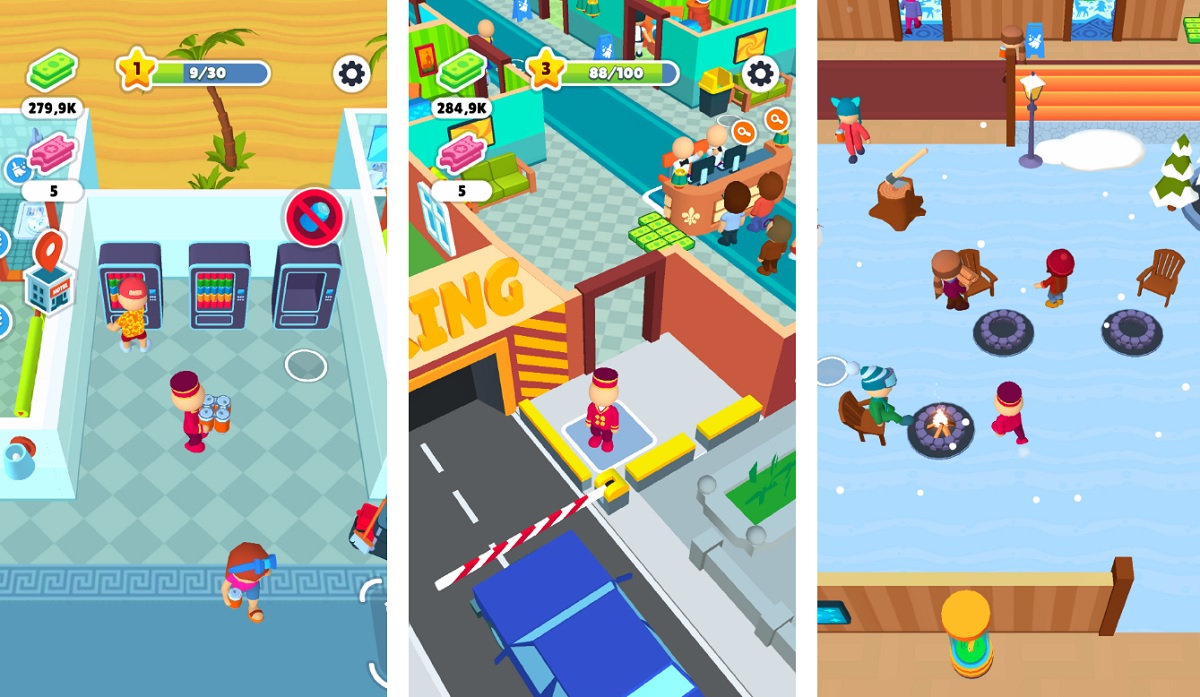Like many Eastern European companies, SayGames has had a tumultuous time with the war in Ukraine. But SayGames has achieved four billion downloads for its hypercasual games, and its My Perfect Hotel hybrid casual game has hit the top ranks of mobile gaming.
Add to that the challenges of creating mobile games and getting them noticed in an age when Apple has focused on user privacy over targeted advertising, and Unity has added to the uncertainty with its flip-flopping on a price increase in the last couple of weeks.

Unlock premium content and VIP community perks with GB M A X!
Join now to enjoy our free and premium membership perks.
![]()

![]()